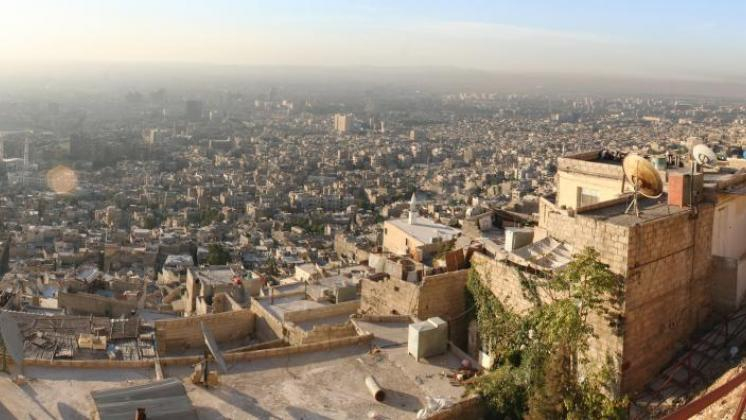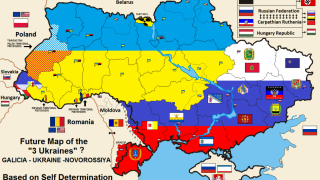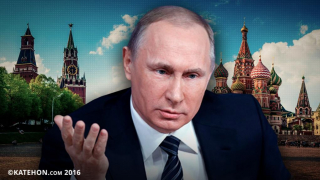A Settlement in Syria is Only Possible on One Condition
29.12.2017
Syria has definitely taken the leading role in this year’s news, not just in the context of the Middle East, but also on a global level. The events in the country have, without a doubt, laid bare the complex of contradictions that is hidden in Russian-American relations and in the US’ policy of the last few years.
I think, that with the help of the Russian Air Force and Syria’s allies from different regions (including Iran and Lebanon), a crucial moment will soon be reached. In this context, the declaration of our ministry of defence about the practical end of terrorist structures in Syria is telling. This is a serious reason to say that there will not be a return to the previous situation. However, it is clear that hotbeds of terrorist activity continue to be active across the whole of Syria. It will take a long time to liquidate the last holdouts of resistance.
But the main problem is the continuing conflict between Russia and the US in Syria, which creates a great many problems and will inevitably continue to express itself in the next steps of creating a settlement in the country.
It is clear, that a settlement can only be reached on one condition: the US must stop openly supporting rebel groups and secretly helping terrorists. Then we can count on Syria to keep its territorial integrity and national unity, and for the lawful government to secure its control over all its territories.
Today, we see the US in a position of active support to Kurd military formations. In my view, all attempts by the Syrian government to ease contacts with them and make their decisions subordinate to the central government are facing the unappeasable position of the US, who continue to speak of the necessity of an American military presence on Syrian territory. There is such a presence. As our own and foreign soldiers have said, there are about 2000 American soldiers on Syria’s territory at this time. The Americans are trying to create 5 strongpoints (which they call US military bases), which is definitely a source of tension.
In the case that we will not be able to find a solution which allows for the Americans to leave without losing face with the American administration, this source of conflict will create quite a lot of problems in 2018.
The continuation of support for the Kurd movement and, in essence, encouragement of the Kurds to create their own independent government will be met with negatively from all countries of the Middle East, most of all by those that have a direct relation to the Kurd problem: Syria, Turkey, Iran, and Iraq. The US will have great problems in defending their current position, but we will hope that the influence of the abovementioned factor will make the Americans see that it is possible to acknowledge the legitimacy of the Syrian government and that they will remove their troops from Syria.
I think that this is related to the political process that actively promotes the triangle Russia – Turkey – Iran. They began with little, with the declaration of four zones in which hostilities would be lowered, then came a ceasefire. Today there is talk of the political steps of the Astana process; this will take place in a meeting of political and social forces in Sochi at the end of January 2018. I think that this will be a serious indicator of the readiness of the Syrians themselves to decide the fate of their country without outside involvement.
In this case, Russia supports the Syrian government, the keeping of unity and territorial integrity, and the security of Syrian power throughout the whole of the country’s territory. We are not acting as an occupying force. We are doing everything we can to put out this fire.
How much success will we have in 2018? I hope that the balance of power (as the main factor) and the political balance in the Middle East will make the Americans back off.
This is why I see perspectives for a settlement in Syria, for a strengthening of central power, and for Bashar Al-Assad to remain the country’s president. As a confirmation of this thesis it is worth it to remember the statement of the former US ambassador to Syria, Robert Ford, who was the progenitor of the Syrian opposition groups. He openly stated that he was advising the Kurds to smooth out relations with the central government and said that they do not have the smallest chance of American support when push comes to shove. According to him, Bashar Al-Assad will keep his position and will remain president of Syria until his authority ends.
In general, I agree with Ford; we discussed the subject on one of the Arab TV-channels. We must proceed from the fact, that the Americans do not see perspectives for the continuation of their policy on even the expert level.











